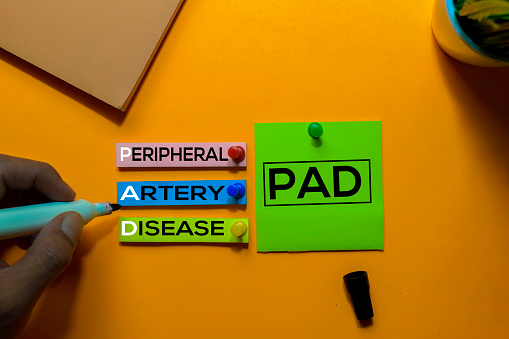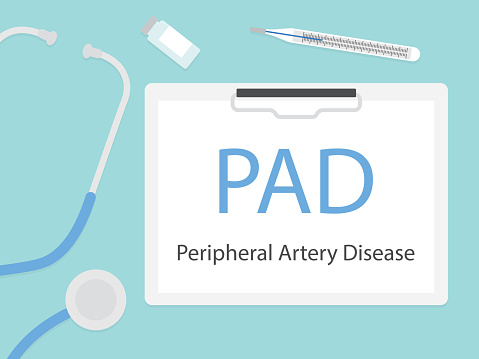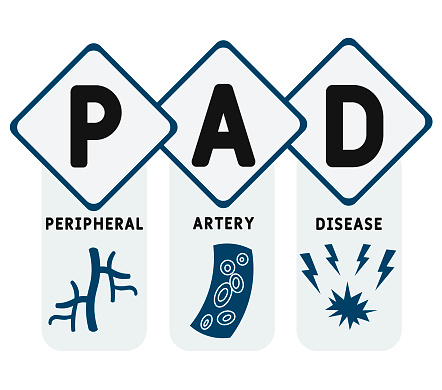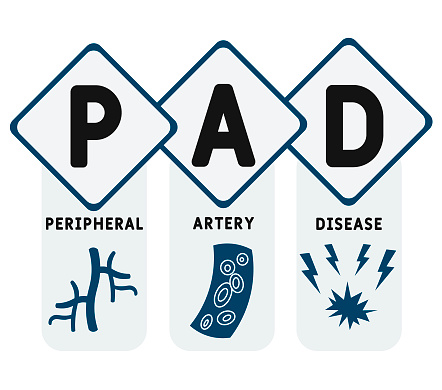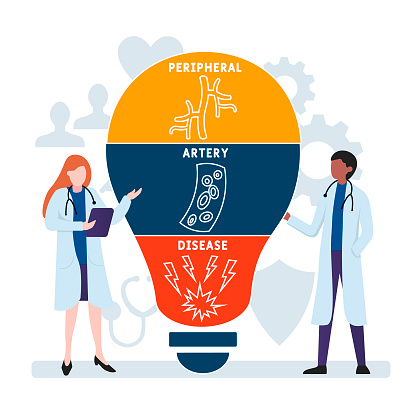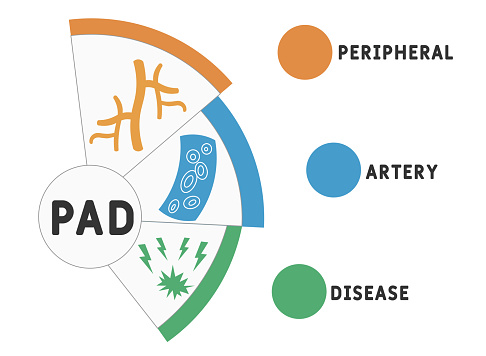A study supports the use of self-management through low-intensity psychological intervention in patients with peripheral arterial disease (PAD) with resulting leg pain. The study appeared in the Journal of Vascular Nursing.
Researchers assessed a small sample of 30 patients who were evaluated by a psychologist. They analyzed clinical outcome measures and psychological inputs including depression and anxiety scores, goal setting, smoking cessation, step count, weight, and quality of life. Data were collected at baseline, and at three and six months. Subsequent to final follow-up, the participants provided feedback pertaining to the intervention. In total, 23 participants were followed up to six months.
The results showed that depression scores notably improved from baseline to six months following the intervention. Encouragingly, eight participants stopped smoking, which reflected a 47% reduction, and a further nine participants reduced their smoking.
Moreover, researchers observed a borderline statistically significant increase in step count between baseline and follow-up. Furthermore, the results showed positive weight loss trends in both the overweight and obese groups.
“The qualitative feedback highlighted participants understood and embraced the information delivered regarding the importance of health behavior change. Participants were able to link tailored action plans with what mattered to them with the help of the health psychologist,” the researchers wrote of the results.
“As a pilot study, we have shown that an expanded, randomized controlled trial is both safe and feasible. A positive trend in clinical outcomes suggests this patient group may benefit from supported self-management through low-intensity psychological intervention, where other forms of early intervention have historically faltered,” they concluded.
Link: https://pubmed.ncbi.nlm.nih.gov/33894947/
Keywords: peripheral arterial disease, psychologist, leg pain, smoking


